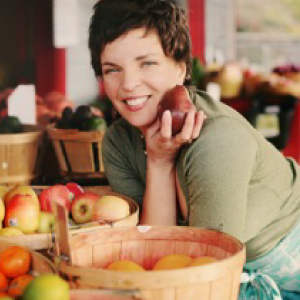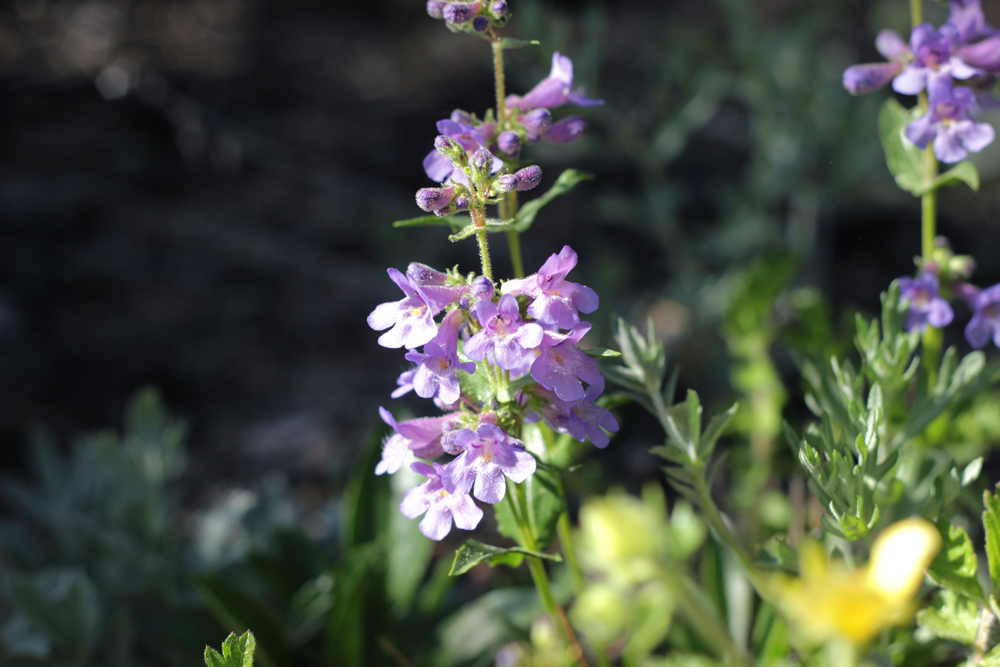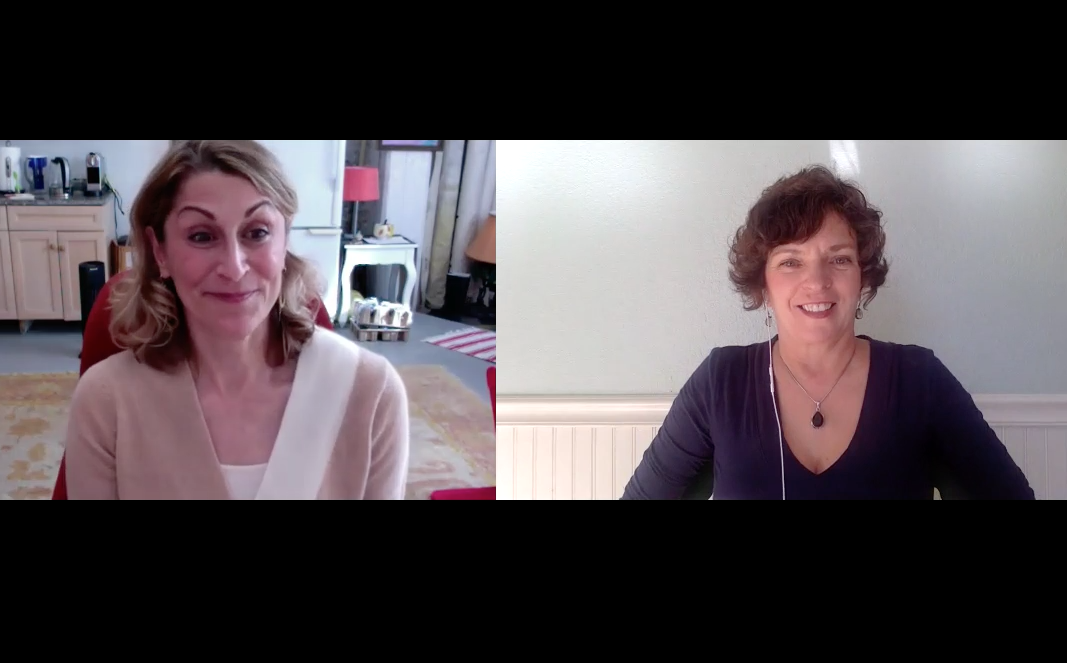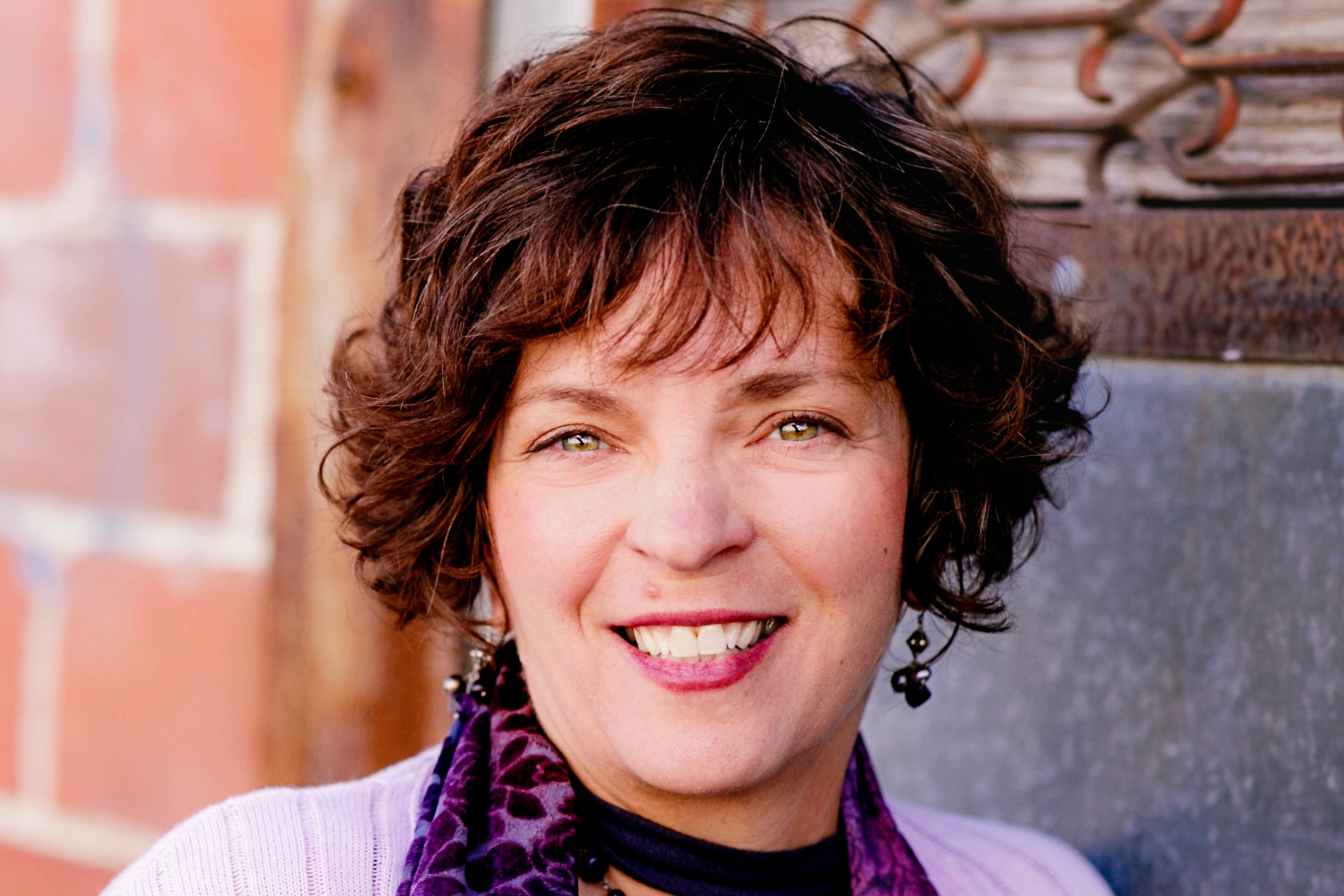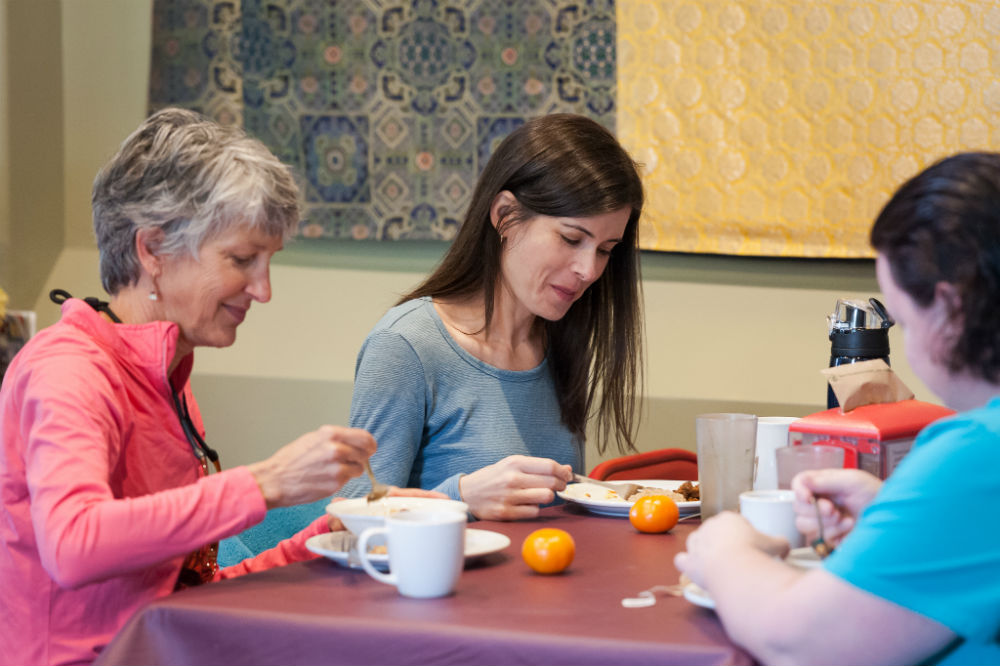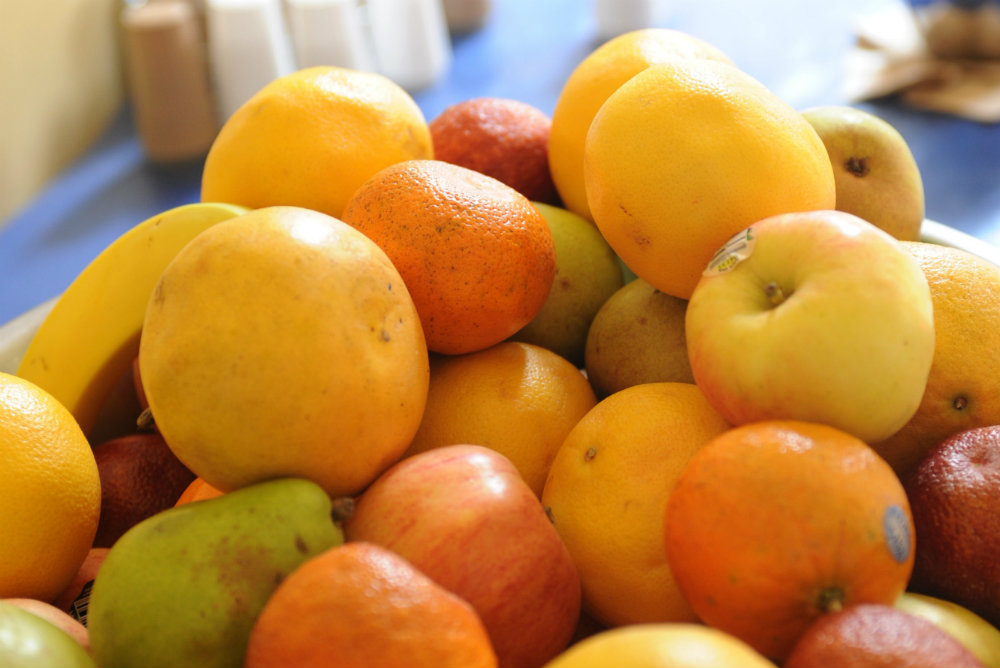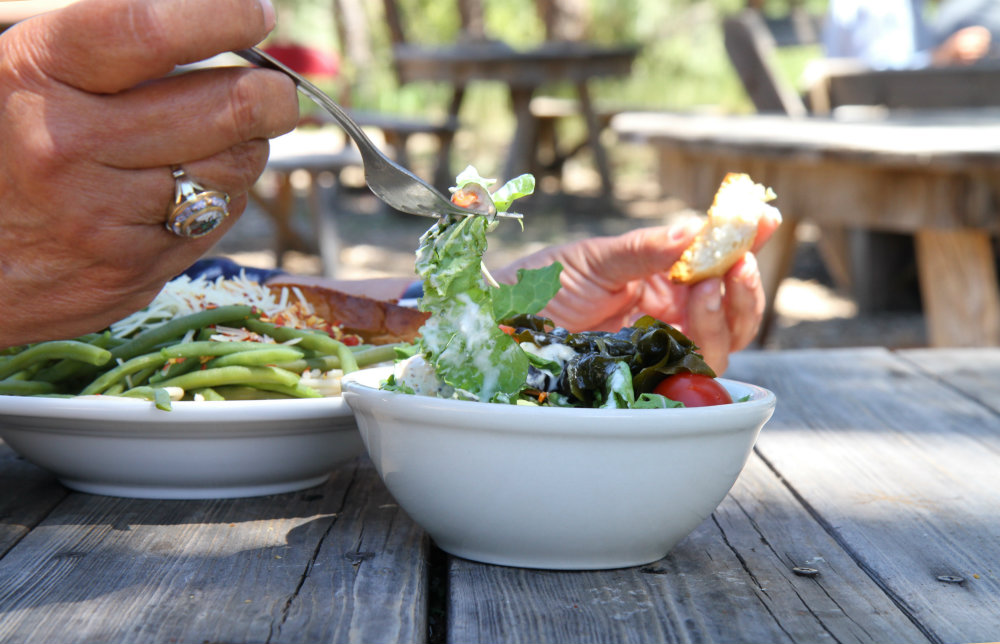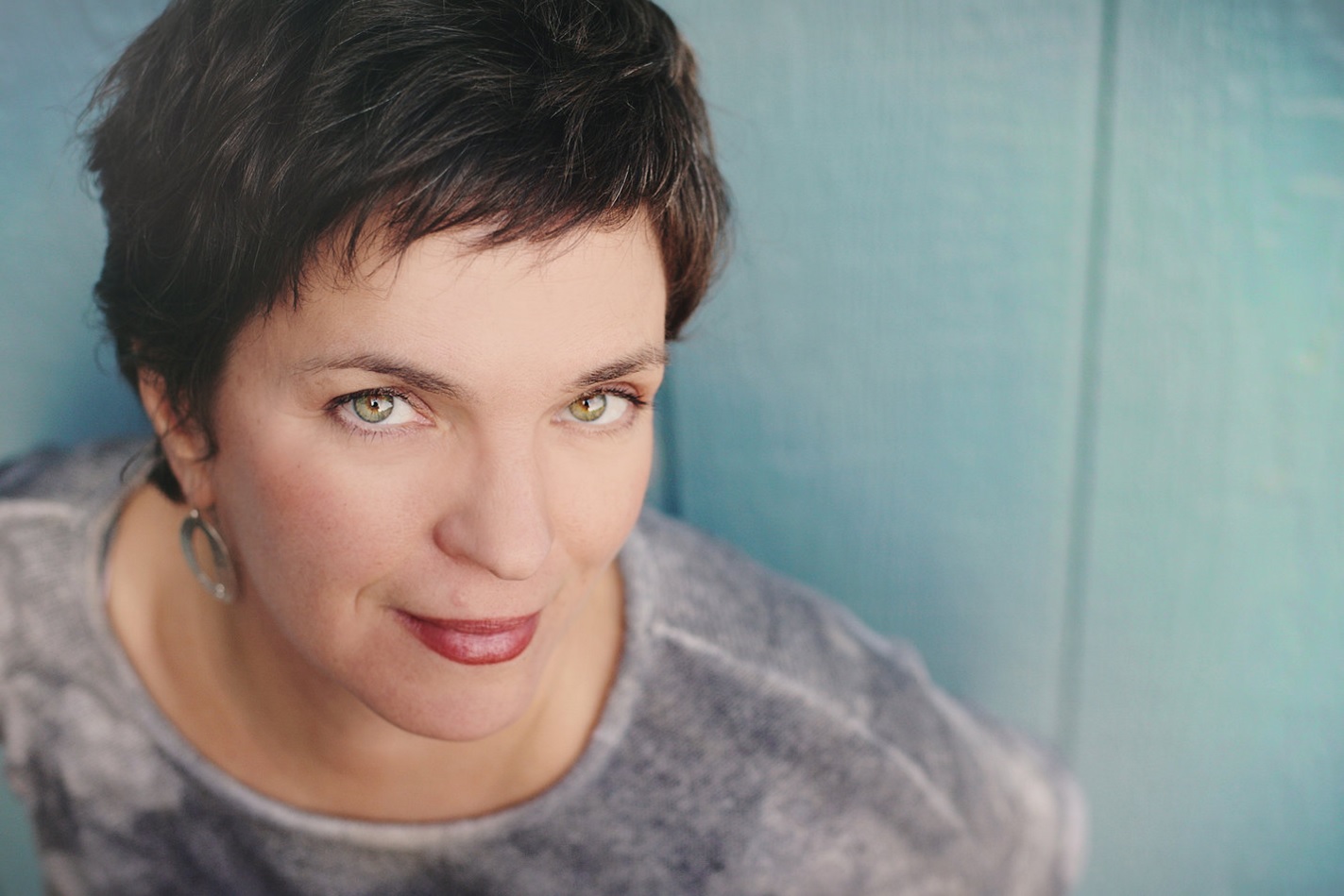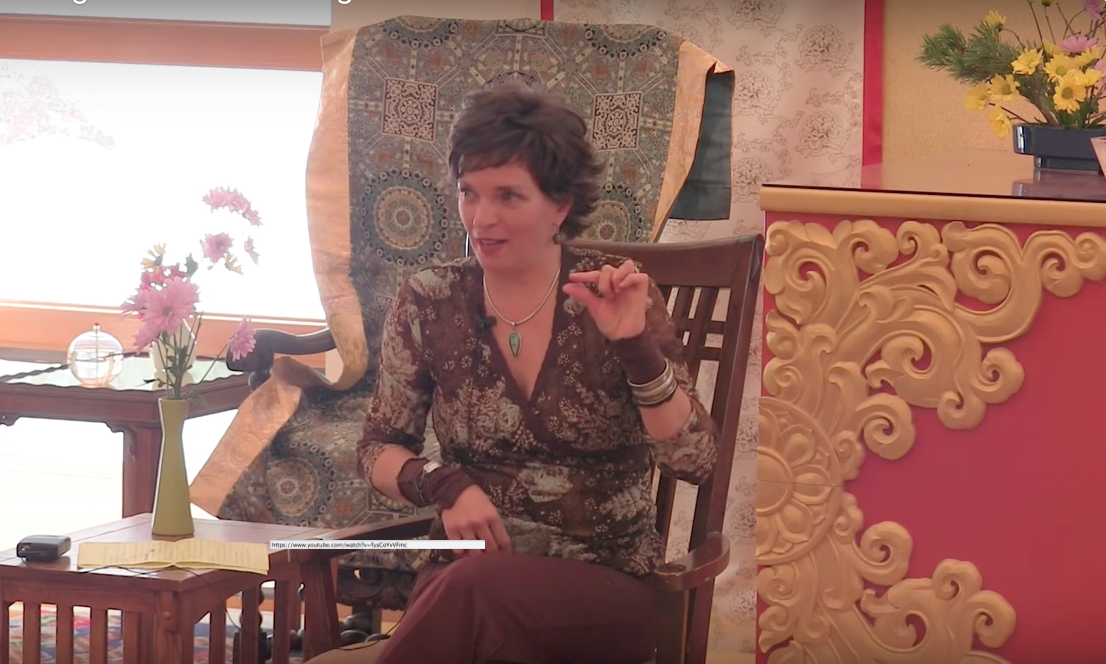Women, Food, and Forgiveness Part 5: How Do We Live Forgiveness?
By Marcella Friel //
Editor’s Note: This post is the fifth in a five-part series on Women, Food, and Forgiveness by mindful eating and body image coach Marcella Friel. Her 5-day retreat, Women, Food, and Forgiveness, opens April 19, 2017. Click here to learn more and register.
“Self-love is the only weight loss aid that really works in the long run.”
~ Jenny Craig
“I’ve gained 10 pounds in the last two weeks. I’m so disappointed in myself. I should be over this by now.”
These were the words of my client Linda in yesterday’s session. They were nothing new.
“Linda,” I suggested, “I wonder if your true addiction is not to the food but to the disappointment? Might you be using your food behaviors to maintain your story of being disappointed in yourself?”
Linda fell silent but was open to my suggestion.
I asked her to close her eyes, place a hand on her heart, take a few deep breaths, and tell me all the things she genuinely loved and appreciated about herself. She free-associated while I took notes.
I sent her my notes after our session, along with the suggestion that she audio-record her proclamation of self-love and listen to it every morning upon awakening.
“This feels good,” she texted me this morning, after Day 1. “I really like it!”
There’s Nothing Wrong with You
If you are struggling to heal your food, it’s very seductive to feel, deep down, that something is horribly wrong with you and to believe that, if you punish yourself enough by eating celery sticks instead of cookies, you’ll one day reach that ever-elusive Promised Land of a “perfect” diet and “perfect” body weight.
When you inevitably fail to meet such tyrannical expectations, you turn the blame inward and double down on the celery sticks, at least until the next binge.
The ground of practicing forgiveness as a way of life is to recognize, deep in your cell tissue, that there is nothing wrong with you. There is nothing bad about you. None of these behaviors are, fundamentally, a problem. There are things in the way, though, and they can be moved out of the way, if you allow them to be.
Cleaning Up with Appreciation
In his early teachings, the great meditation master Chögyam Trungpa wrote of “the manure of experience and the field of Bodhi”:
“Unskilled farmers throw out their rubbish and buy manure from other farmers, but skilled farmers collect their manure, in spite of the bad smell and the unclean work, and spread it on their land, and out of this they grow their crops.
“If a person is skilled enough and patient enough to sift through [her] rubbish and study it thoroughly, [she] will … develop a positive outlook and create great wealth.”
When you seek to change yourself while engaging in a diatribe of self-condemnation, you are throwing away your rubbish and looking outside yourself to see if someone else’s manure is better than yours.
The path of forgiveness, then, is to become a skilled farmer of your own soul.
Rather than trash yourself, what might it be like instead to slow down and appreciate the secret wisdom that has driven your seemingly insane behavior?
What if your abhorrence of healthy food makes sense in light of your memory of Mom’s admonition to “eat it, it’s good for you,” while placing before you a plate of burnt meat and canned vegetables?
What if padding your body with fat was a wise choice when your personal boundaries were perpetually invaded in early life?
What if you’re stuffing yourself because food was the only way to connect to Daddy’s love, because the only time he was emotionally available was at big family feasts?
When we recognize, in the words of Deepak Chopra, that “All addiction is the search for God,” we can appreciate the remarkable resourcefulness within our addictions that enabled us to survive those challenging ordeals.
From that appreciation, we begin to clean up. We appreciate ourselves enough to take that 30-minute walk after work; we respect ourselves enough to eat a full breakfast in the morning; we love ourselves enough to choose the foods—and the thoughts—that serve our highest good.
The Elixir of Life
Who would you be if your addictive struggle with food were actually healed? What might be possible for you if you were no longer stepping on the scale every 10 minutes to see if you’ve lost a half-pound?
You might be like my client Katherine, who recently said,
“I was at a party last week, had a bite or two of dessert, and that was it. I really just didn’t want anymore than that. I was perfectly contented.”
Or maybe like my former client DeAnna:
“My whole yo-yo dieting thing has completely relaxed. When I’m hungry, I eat; and when I’m not, I don’t. … I know my perfect weight is not happiness. I’ve been there before, and even that didn’t make me happy. Now I know it’s about what I become on the way to my goal.”
Whether or not you ever fully release your food compulsions, the magical elixir of life that you’ve been seeking—the peace, freedom, confidence, and joy—is not to be found in the perfect diet or the ideal body weight.
The ground, path, and fruition of healing and forgiving both your food and your life is to love and accept yourself 100 percent exactly as you are, in this moment.
According to transformational coach Margaret Lynch, every trauma has within it some blessing, some gift, and some lesson.
What gift has your struggle with food given you that you wouldn’t have otherwise received? What are the hidden blessings? And what are the life lessons that only these circumstances can teach you?
When you have the answers to these questions, you are well on your way to the healing you desire.
This doesn’t mean that you miraculously live happily ever after. It’s more that, when faced with your old patterns, you can ask yourself the question my late friend Ellen would say, at each stage of her cancer journey:
“Can I love myself, even with this?”
Can you? Are you willing? The Elixir of Life is here for you—all you have to do is reach out and accept it.
More from Marcella Friel:
- Women, Food, and Forgiveness Part 1: What is Forgiveness?
- Women, Food, and Forgiveness Part 2: Why Is It So Hard to Forgive?
- Women, Food and Forgiveness Part 3: How Do We Forgive?
- Women, Food, and Forgiveness Part 4: What Happens When We Forgive?
- Food Coach Marcella Friel on Buddhism, Body Image, and Forgiveness (Video/Audio Interview)
- Stop Cleaning Your Plate: 5 Steps to More Mindful Eating
About the Author
